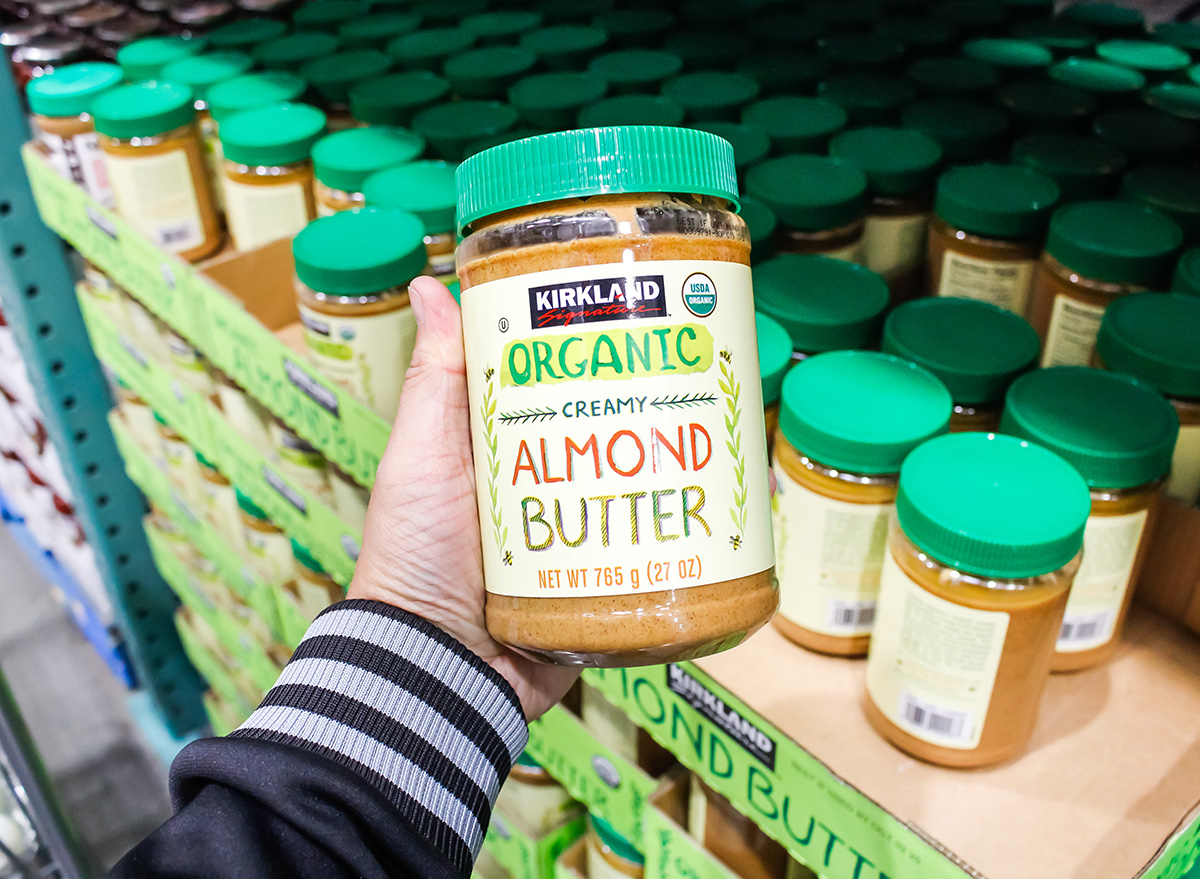Costco’s Recent Product Swaps Are Making Things More Expensive For You

Grocery shopping at Costco is all about stocking up and saving money. For years, this was a simple proposition: go to your local warehouse and find great deals on all your basic kitchen staples.
In an effort to keep up with modern tastes, however, it seems the warehouse club has been swapping out many of its long-standing affordable items for newer organic versions of the same thing, which inevitably cost more and sometimes come in smaller sizes.
These moves are starting to alienate the club’s price-wary customer base.
A recent Reddit thread on the issue is racking up hundreds of comments from club members. Some say they are “crushed” and “riled up” by the trade-offs. Others are even calling it a “scam” to boost sales.
“Costco should be renamed ‘Organics ‘Я Us’,” griped one Redditor. “I guess they’ve found that people who normally wouldn’t spend extra money for organic food will buy it from Costco anyway.”
The divisive upgrades apply to all sorts of Costco goods, from fresh produce to frozen foods.
“Costcos in southern California used to have 2.5 lb bags of spinach for $4-5 until about a year ago. Since then, the only fresh spinach Costco carries is ‘organic’ spinach in 1 lb plastic box for $4.50,” according to the thread’s original poster. “So, it effectively went up by 200-250% overnight. If they had ADDED organic spinach to their offerings, I wouldn’t care, but they replaced perfectly good cheap spinach with a much more costly alternative.”
Same goes for asparagus, noted another: “Doubled in price just by slapping the word ‘organic’ on it.”
And apples, too: “You can’t buy non-organic apples anymore at my Costco and they’re all like $8/lb.”
Even nut butters: “Years ago I was getting non-organic almond butter at the warehouse near me for about $7 and now they only carry the organic for ~$12. No thanks.”
The topic also prompted some intense debate over the science behind eating organic versus non-organic foods.
One commenter, who claimed to have worked at a Costco that sold “the highest percentage organic items in the company,” tried to offer an explanation for the switches: “We were told it was just consumer demand and not wanting to carry both products.”
Others suggested an ulterior motive. “I honestly believe they did this to book higher revenue, simply to make sales look good,” one theorized. “I concur and have said for some time that Costco’s move into ‘all’ organic is a way to increase prices and revenue,” added another. “There are many working-class families that depended on good quality Costco food at a lower price.”
Whatever the reason, the moves appear to be prompting some longtime customers to make their own switch—to Costco’s biggest competitor: Sam’s Club. “Despite the fact I much prefer Costco and don’t like buying things at Walmart and Sam’s, a Sam’s membership has paid for itself simply because we can buy things that aren’t organic at much lower prices than Costco’s all-organic alternatives,” said one such defector.
Some economically minded commenters, meanwhile, suggested all the angst over the issue is misdirected. Don’t blame Costco, they said. Blame the market.
“This annoys me, but the blame is on the customer,” wrote one poster. “Costco will stock what people buy and if they have both for a while and the organic sells better, they’ll keep only organic.” Added another, “When people stop buying it, the valuable shelf space will go to what people will buy.”









